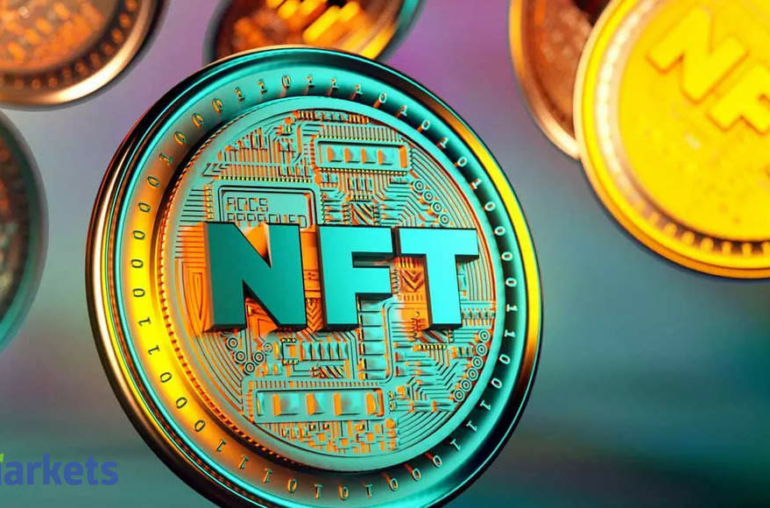David Westin speaks with top names in finance about the week’s biggest issues on Wall Street.
Bloomberg Wall Street Week, hosted by David Westin, is a reinvention of the iconic Wall Street Week, which aired on PBS for over 30 years and was hosted by late financial journalist Louis Rukeyser. The one-hour program features market and geopolitical discussions with a rotating panel of influential voices including thought leaders, CEOs, policy makers and economists.
Nissan Motor Co.’s former top lawyer, who led an internal investigation into alleged financial misconduct by Carlos Ghosn, said he endured retaliation, demotions and even surveillance of his family after questioning the integrity of the probe.
Revlon Is Preparing to File for Bankruptcy
Tesla Files to Split Shares 3-for-1 as Investors Bail on Stock
TSMC’s $100 Billion Wipeout Fails to Faze Bullish Analysts
Gorillas Startup Dream of Food Delivery and Office Raves Falters
Top Toyota Supplier Denso Mulls $3 Billion Chip Unit Spinoff
Even Donald Trump Is Using the Jan. 6 Hearings to Appeal for Donations
LA Panel on Sheriff Gangs Stymied as Witnesses Fail to Show Up
Apollo, Carlyle See Buyout Fundraising Slow With Markets on Edge
Schwarzman College’s Culture Wars Reflect a New Reality in China
BTS Army Lines Up in NYC, LA to Celebrate New Album With Cash
Jack Del Rio Fined $100K for Comments About Capitol Riot
Redbox Is Fun to Meme
Airline Chaos Makes High Fares Harder to Bear
Inflation Finally Drives a Stake Through ‘Transitory’
Wall Street Executives Can’t Stop Talking About a Recession
A Billion-Dollar Crypto Gaming Startup Promised Riches and Delivered Disaster
Beloved Helsinki Coffee Shop Gets Familiar Faces as New Owners
Lawmakers Slam Texas Safety Office for English-Only Uvalde Updates
Home Depot Wins Ruling Rejecting Right to Wear BLM at Work
Texas Probes of Transgender Kids’ Families Barred by State Judge
Children at Forefront of Hunger Crisis Gripping Horn of Africa
Ameriprise Blasts Overpriced Green Bonds, Prefers Oil Drillers
Where LGBTQ People Find Safe Spaces Around the World
When Cities Made Monuments to Traffic Deaths
To Get to Net Zero, This City Is Making a Map
Ethereum’s ‘Difficulty Bomb’ Delay Is Bad News for Revamp
Crypto Washout Sends Major Coins to Lowest Levels of the Year
Crypto Lender Celsius’s Token Falls 20% as Terra Concerns Linger
Axie Infinity’s vision of a “play-to-earn” video game has crumbled, and the company behind it now tells the players who bought into the hype it was never about the money, anyway.
Joshua Brustein
Over the course of his life, Alejo Lopez de Armentia has played video games for a variety of reasons. There was the thrill of competition, the desire for companionship, and, at base, the need to pass the time. In his 20s, feeling isolated while working for a solar panel company in Florida, he spent his evenings using video games as a way to socialize with his friends back in Argentina, where he grew up.
But 10 months ago, Armentia, who’s 39, discovered a new game, and with it a new reason to play: to earn a living. Compared with the massively multiplayer games that he usually played, Axie Infinity was remarkably simple. Players control three-member teams of digital creatures that fight one another. The characters are cartoonish blobs distinguished by their unique mixture of interchangeable body parts, not unlike a Mr. Potato Head. During “combat” they cheerily bob in place, waiting to take turns casting spells against their opponents. When a character is defeated, it becomes a ghost; when all three squad members are gone, the team loses. A match takes less than five minutes.


